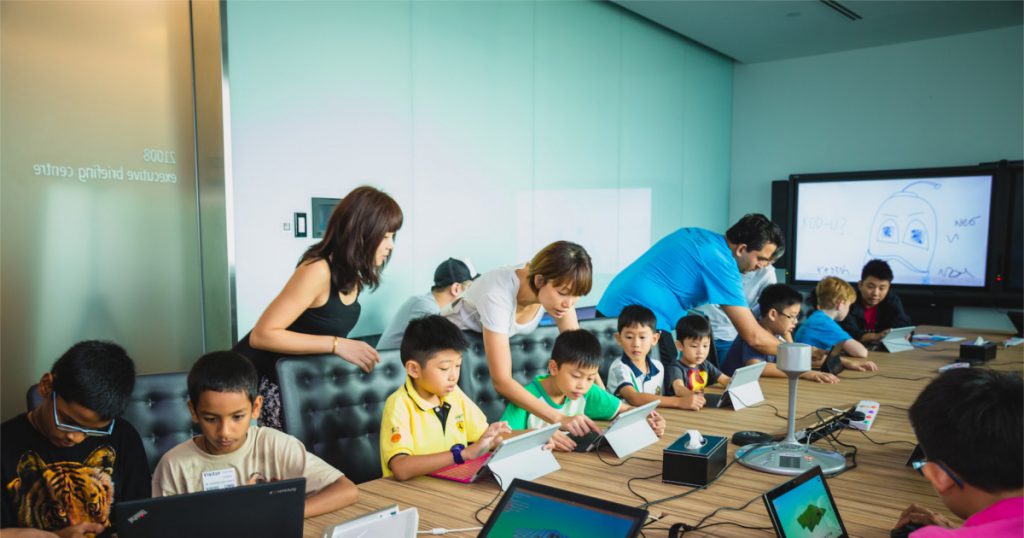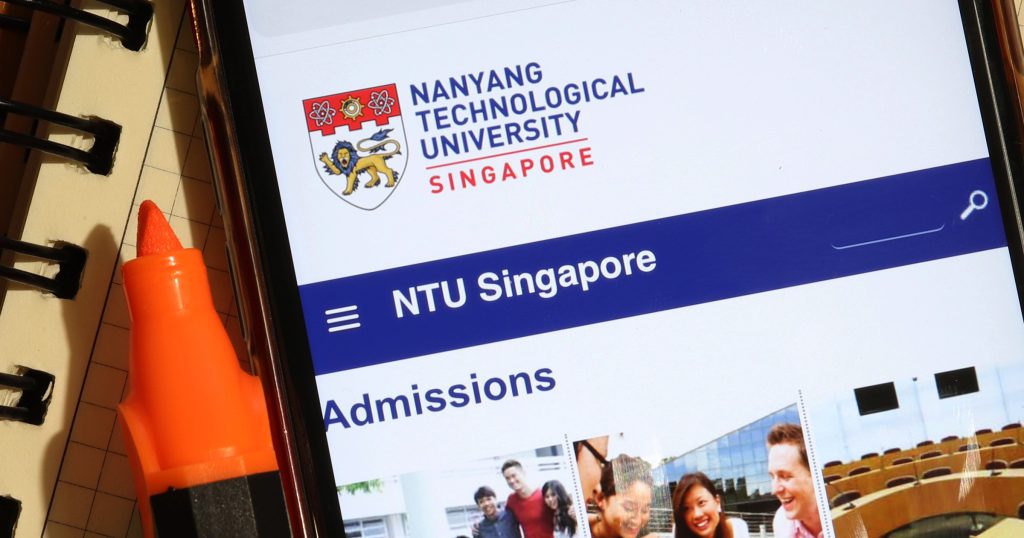Trilingualism will become a norm for Singaporean children as coding camps and enrichment programmes start to gain traction amongst tech-savvy parents.
Yesterday, TODAY reported that kids as young as 5 have been taking coding courses as ‘enrichment’, and last year, Straits Times also reported an increase in demand for coding camps for children aged 6-12. Saturday Kids co-founder Adeline Chu, told Straits Times, “We had initially decided to offer only three workshops this year, but the demand was so high that we had to hold nine.”
The trend can be seen worldwide.
On Kickstarter, educational tools that aim to enable children to learn coding from a young age have met with success. One project, Kano, stands out particularly: achieving its goal of US$100k in under 18 hours and ending the campaign with US$1.5 million in funds.

Kano allows you to build your own computer and learn programming with Kano Blocks, which allows the user to make programs by dragging and connecting blocks of pre-written code.
Block-based programming, a visual programming language (VPL), is extremely helpful in learning code according to a 2010 study, and produces the same end product as text-based programming.

Scratch, another block-based programming interface, is currently being used by many Singaporean programming camps to teach young children how to code. Programmable robots and simple circuit toys are also used as teaching tools to make the basics of coding more interactive and interesting to young children.
In Singapore, schools like Crescent Girls and Springfield Secondary School in particular have taught students how to use programs like Dreamweaver to create websites as part of the school curriculum as early as 2007. In 2014, IDA announced their intentions to “introduce coding as a lesson in school”, and trailed their program with 12 secondary schools and 4 primary schools.

Since then, this movement has been named “Code@SG“, with subsidy programs like Code for Fun for primary and secondary school children, who will learn coding through robotics and micro controllers respectively.
Other Kickstarter projects targeted at teaching children coding such as ScratchJr, Primo and Bloxels were also fully funded, showing that people are putting their money where their mouth is and showing their interest to make coding more accessible to children.

If you’ve ever operated your own blog or tried to open an online shop, you would have interacted with code at one point or another.
I’d imagine teaching our children how to code can only prepare them better as workers interacting with the internet of things as Singapore moves towards becoming a Smart Nation. I mean, even PM Lee codes!
The change in mentality towards coding is welcome as well, especially since coding is often thought of as something incomprehensible. The implementation of block-based programming as a short-term solution to make website design and creation simpler might just be enough to fulfil the needs of e-commerce entrepreneurs who are looking for an extra degree of customisation.











